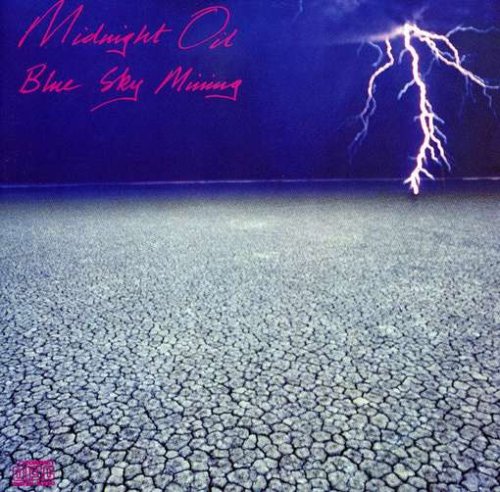No brainer this one, the opportunity to showcase this fairly recently deceased legend of oz rock, George Young. Who he? Shame on you, but you know his work, even if, latterly, you know his brothers better. But here's a thing, by quirk of fate, chance or whatever, George Young just happens also to be the same name as mine, albeit if translated into the english.
Like many famous australians, see also the brothers Gibb and the fella from Men at Work, Young was born in the UK, but it was in his adopted home that he became famous. First came The Easybeats, with him teaming up with Harry Vanda, another scion of an immigrant family. Even if they/he were remembered for but one song, the timeless 'Friday On My Mind', that would be more than enough to celebrate, a massive worldwide hit in 1967. They actually then relocated to the UK in attempt to consolidate on this, breaking up a couple of years later.
Young thereafter returned home, along with Vanda, becoming hired guns for any aussie band seeking a writing/production team. Whilst they never achieved quite the same success, his younger brothers, Angus and Malcolm, were growing up, were also seeking to make a name in the music business. Big bro George was conveniently on hand to light that fuse, the duo producing their first few records, with Young initially playing the bass guitar as well. That band went on to make quite a name for themselves. You may have heard of them......
I have to freely confess AC/DC were and are my worst nightmare, a generic 'rawk' thrash of limited merit, but many beg to differ. I was much happier when the Vanda/Young team returned to their own projects, notably with another worldwide one hit wonder, 'Waiting on a Train', in 1982, by the curiously named Flash and the Pan. (I am uncertain which was which.) F&tP actually had a number of recordings but this was the prime cut, demonstrating that, on the right day, the pair had an undoubted knack with smithing a song. Grace Jones' 1981 'Walking in the Rain', was a cover of one of their songs. Earlier 1977 ear worm, 'Love is in the Air', taken to the heights of charts all over, was also one of theirs, albeit ahead of F&tP. (John Paul Young was unrelated.)
George Young died in 2017.
Friday.
Flash.






























































































































































































































































































































































































